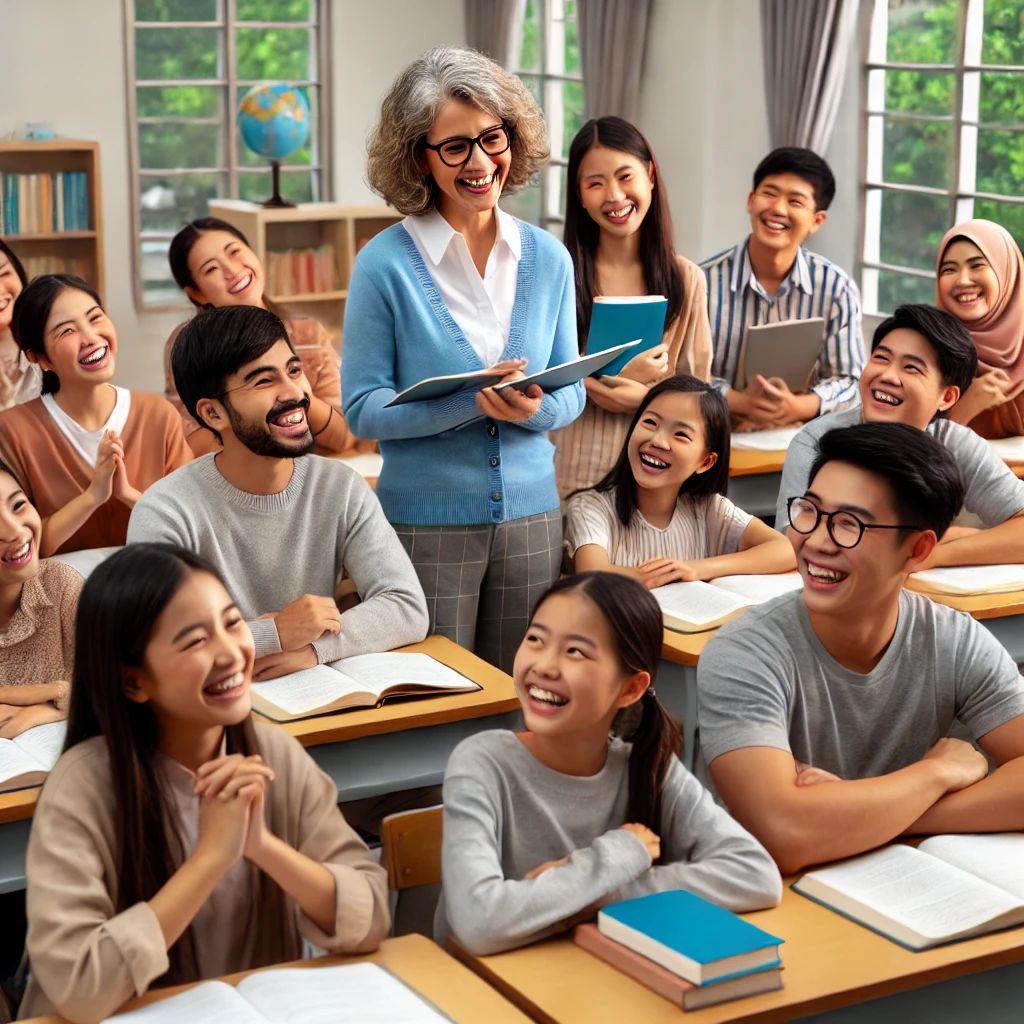Table of contents
1. Innovative Teaching Techniques
2. Engaging Classroom Activities
3. Utilizing Technology in Education
4. Effective Assessment Strategies
Innovative Teaching Techniques
Teaching is an art form, and educators constantly seek new and creative methods to deliver successful instruction. One innovative technique gaining popularity is the flipped classroom model. In this approach, students learn new content at home through online videos or readings, allowing class time to be utilized for interactive activities and discussions. This method promotes active learning, critical thinking, and collaboration among students. Another effective technique is project-based learning, where students work on real-world projects that require them to apply their knowledge and skills in a practical setting. This hands-on approach fosters creativity, problem-solving abilities, and teamwork. By incorporating these innovative teaching techniques, educators can create dynamic and engaging learning environments that inspire students to excel.
Engaging Classroom Activities
Engagement is key to effective instruction, and incorporating engaging classroom activities can significantly enhance the learning experience. One popular activity is the use of educational games, which can make learning more enjoyable and interactive for students. Games can be used to review material, reinforce concepts, or introduce new topics in a fun and engaging way. Another effective strategy is the use of cooperative learning activities, where students work together in groups to complete tasks or solve problems. This promotes communication skills, teamwork, and peer-to-peer learning. By incorporating a variety of engaging activities into their lessons, educators can capture students' interest, increase motivation, and improve overall learning outcomes.
Utilizing Technology in Education
Technology has revolutionized the field of education, offering new opportunities for innovative instruction and enhanced learning experiences. One way educators can utilize technology is through the use of online learning platforms and resources. These platforms provide access to a wide range of educational materials, interactive exercises, and multimedia content that can supplement traditional classroom instruction. Additionally, technology can be used to facilitate virtual field trips, guest lectures, and collaborative projects with students from around the world. By integrating technology into their teaching practices, educators can create dynamic and interactive lessons that cater to diverse learning styles and promote digital literacy skills.
Effective Assessment Strategies
Assessment is an essential component of the teaching and learning process, providing valuable feedback to both educators and students. Effective assessment strategies go beyond traditional tests and quizzes to measure students' understanding and progress. One innovative approach is the use of formative assessment techniques, such as peer assessment, self-assessment, and feedback loops. These techniques allow students to reflect on their own learning, receive input from their peers, and make improvements based on feedback. Another effective strategy is the use of performance-based assessments, where students demonstrate their knowledge and skills through real-world tasks or projects. This type of assessment promotes critical thinking, problem-solving abilities, and application of knowledge in practical situations. By incorporating a variety of assessment strategies into their teaching practices, educators can gain a more comprehensive understanding of students' learning and provide targeted support to help them succeed.
tesol articles TESOL Articles



